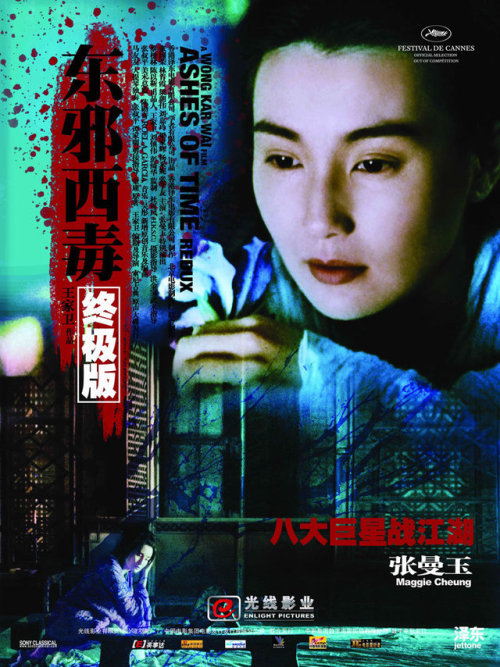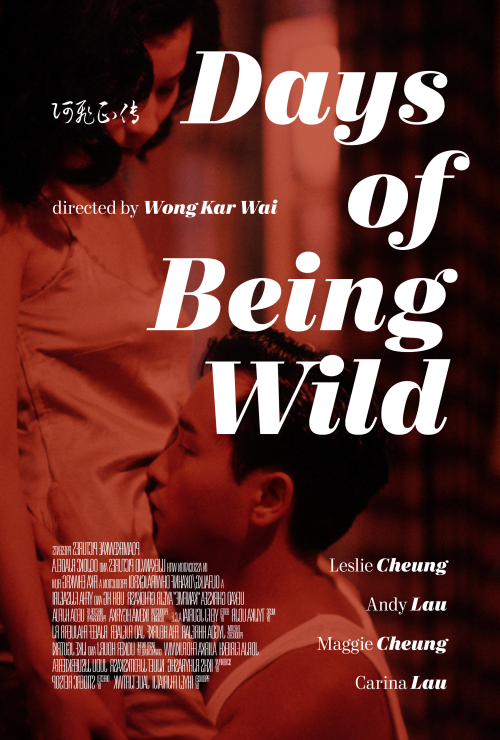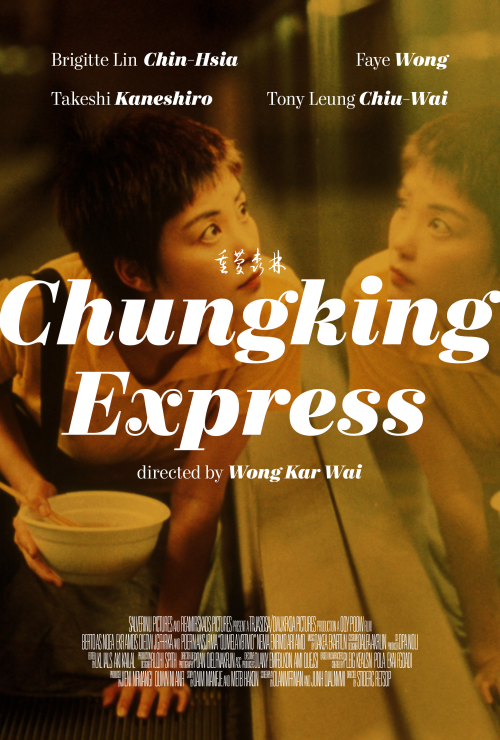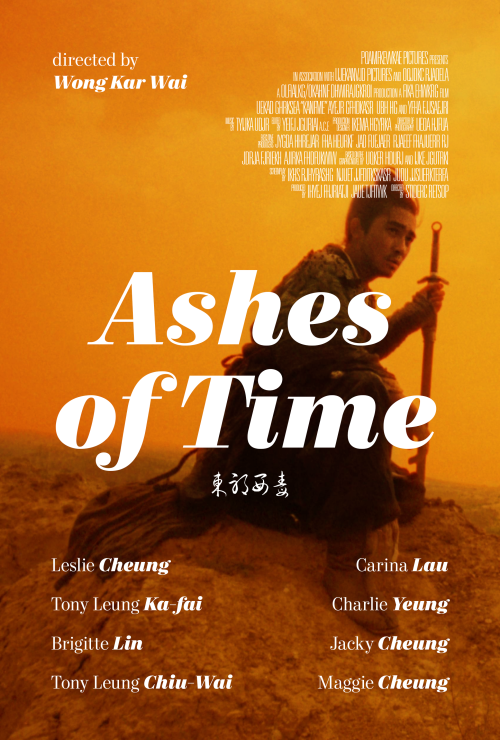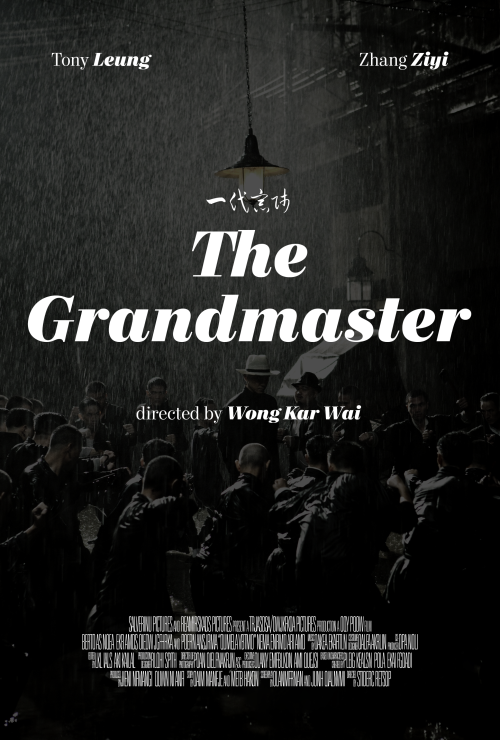#ashes of time

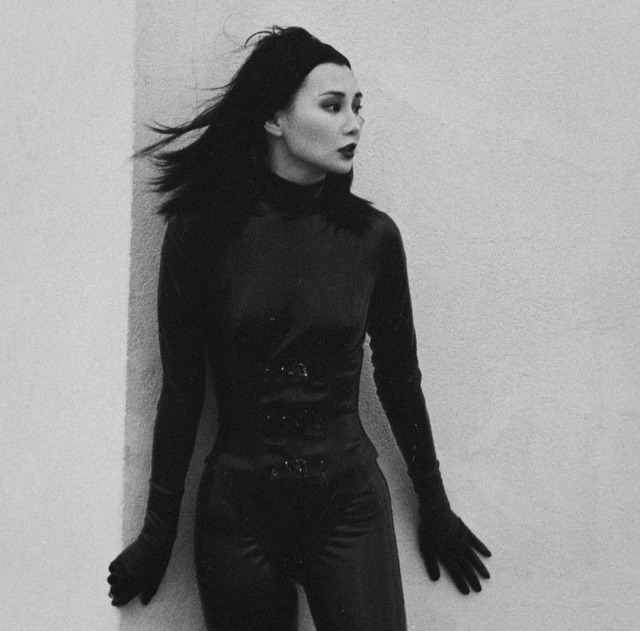
Full Metal Bitch feat. Maggie Cheung
Irma Vep (Olivier Assayas, 1996)

“I have not been this close to a person in a long time. I know the way home is short, and soon I’ll have to get off. But at this moment, I feel very warm”
Originally published by Little White Lies
Wong Kar-Wai’s 1995 film, Fallen Angels, was made at the height of his powers. Coming straight off the back of the draining shoot of martial arts epic Ashes of Time – the film that Kar-Wai famously placed on hiatus to write and shoot Chungking Express – and before Happy Together – the film that won him the Best Director Prize at Cannes in 1997 – Fallen Angels was the product of a filmmaker on a spectacular run of form. It remains one of his greatest achievements.
It would be fair to consider Fallen Angels a spiritual sequel to Chungking Express, as both feature interweaving storylines, many of the same thematic and visual cues and even shared locations. The reasons for these similarities become clear in the knowledge that Fallen Angels was originally set to be a third strand of Chungking Express, but was rejected as Kar-Wai thought it would work better as a standalone film – a decision that would prove a shrewd one.
In spite of these similarities, it’s the films’ differences that define them. This is where Fallen Angels really comes into its own as a unique entity in Kar-Wai’s body of work.
The first story chronicles the relationship between a hitman (Leon Lai) and his partner (Michelle Reis). Despite them never having met she has fallen in love with him, but all he wants to do is escape his life of crime. The second story centres on He Zhiwu (Takeshi Kaneshiro), a mute who breaks into shops at night, as he falls in love for the first time with Charlie (Charlie Yeung), a girl in love with another man.
Where each narrative strand in Chungking Express plays out separately, with only the occasional location or character to connect them, the two stories in Fallen Angels are told simultaneously in a fashion akin to Robert Altman’s Nashville, or Paul Thomas Anderson’s Magnolia. The way in which Kar-Wai manipulates the audience’s perspective of time creates the illusion that the characters could potentially be mere metres away from each other at all times.
This feeling is heightened by Christopher Doyle’s claustrophobic cinematography, utilising distorted fish-eye lenses and uncomfortable close-ups to make Hong Kong feel incredibly small and over-crowded. Of course, Doyle’s talents as a cinematographer range further than simply this, and his kinetic, neon-soaked visual style is apparent in Fallen Angels – particularly the film’s emotional climax on the back of a motorbike, delightfully scored by The Flying Pickets’ ‘Only You’.
But then this is where Kar-Wai has always excelled – his creation of scenes, and Fallen Angels is a film littered with standout moments; be it the devastating scene where He Zhiwu watches old home videos of his recently deceased father; the slow-motion, black-and-white scene where Zhiwu declares his love for Charlie through voiceover; or the electrically paced opening sequence as the hitman and his partner go to work. But Fallen Angels is more than just a collection of great scenes, and it’s to Kar-Wai’s credit that he can fit all of these moments into a 90-minute film and still have it make sense as a story.
In this sense, Fallen Angels is the quintessential Wong Kar-Wai film. It’s visually stunning and painfully romantic, and while it’s not his masterpiece – that accolade surely belongs to In The Mood For Love – it’s the boldest, most exciting declaration of his unique directorial vision.

